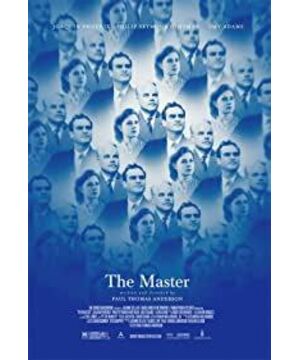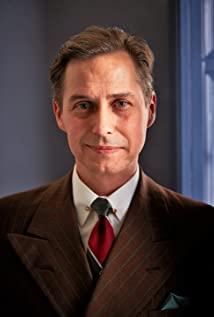But what does the director want to say? The 'Master' has indeed 'cured' some people and improved the condition of this critically ill patient (traditional psychotherapy seems to have failed him). This shows that his method has a certain effect. But the director didn't keep going down this road, saying how good this master is, why the world doesn't understand it, and how many people's souls have been saved... The
director seems to be acting as a very evil master at the same time, in a strange way , his emotions are sometimes as irritable as beasts; and his close followers do not see that he has gotten rid of troubles and obtained a free, pure heart. And he is so proud of himself. This is just like the medicine that cures all ailments must be counterfeit...
The director himself defines this film as a 'love film', which seems to be more accurate, but not the kind of flesh. To put it more vulgarly, one 'pervert' meets another 'pervert', and the 'soul' of the 'pervert' is still so similar, and one wears the body of a patient, and the other wears the body of a master. How much fate does it take to be together.
The master insists on treating the patient not because he is 'difficult to treat', but a challenge; it may be difficult for ordinary doctors, but not for masters, because they are a type of people who masters can really read Understand him; on the contrary, it is really difficult for the master to heal those 'normal people' around him. As a true soulmate, the master cannot do without this patient, and the patient cannot do without the master. Because they are a kind of pervert. It's like Sherlock Holmes and his nemesis Professor Moriarty. It's just that the kind of perversion of Sherlock Holmes is relatively acceptable to everyone.
All in all, the film is well done, but the way it is presented is not particularly comfortable.
View more about The Master reviews











